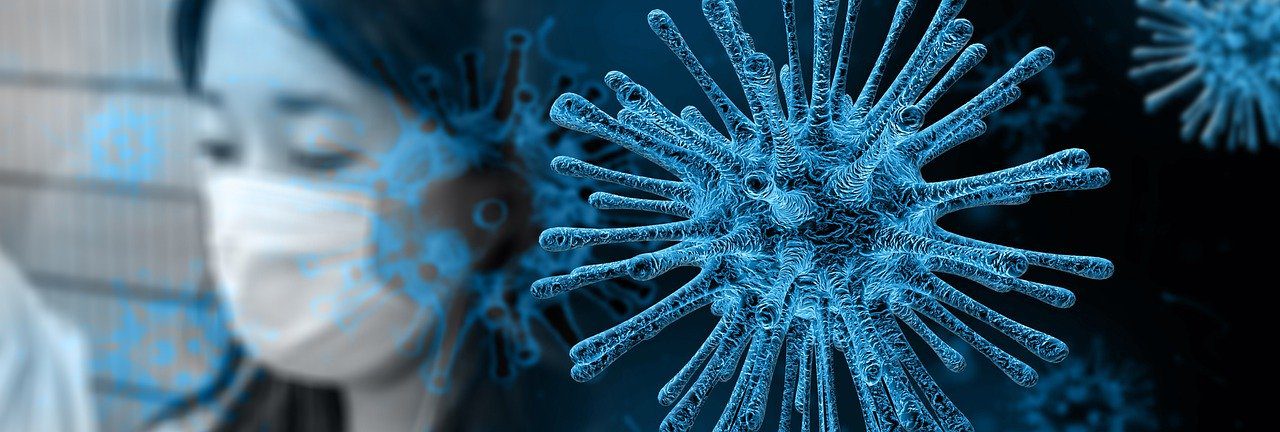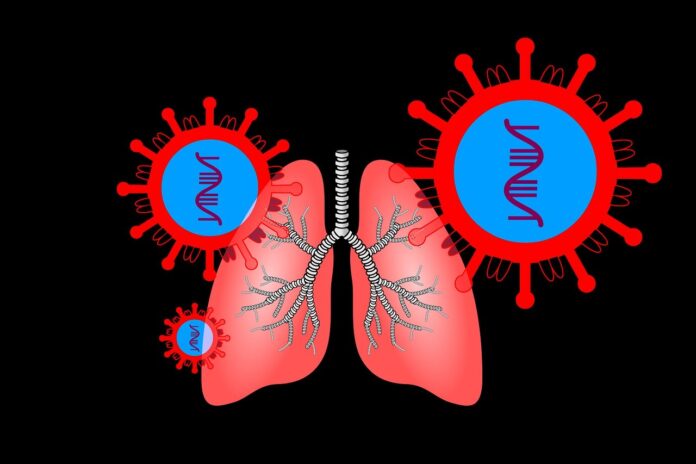Do you know – how to protect yourself from Coronavirus? In this article, you can find how to protect from Coronavirus? Coronavirus detected in China. It was designated by specialists as COVID-19 has caused countless cases of respiratory infections, as it seems to be easily transmitted through the air by saliva drops and respiratory secretions.
The symptoms of coronavirus are similar to those of the flu and can cause cough, fever, shortness of breath, and headache. Although, the way in which the virus works is not yet known, WHO recommends that anyone with symptoms who have been in China or in contact with someone who may be infected, put on a mask and go to the hospital.
When people are not infected, it is recommended to protect themselves to avoid possible contagion, adopting measures such as:
- Wash your hands frequently with soap and water for at least 20 seconds, especially after being in contact with someone who may be sick;
- Avoid frequenting public places, closed and with many people, such as shopping centers or gyms;
- Cover your mouth and nose whenever you need to cough or sneeze, using tissue or clothes, for example;
- Avoid touching the eyes, nose, and mouth frequently with dirty hands;
- Wear a personal protective mask to cover the nose and mouth, when in a public or closed place;
- Do not share personal items that may be in contact with saliva drops or respiratory secretions, such as cutlery, glasses, and toothbrushes;
- Avoid contact with wild animals or any type of animal that appears to be sick;
- Cook any type of food well, especially meat;
- Maintain well-ventilated closed environments, open windows to allow air circulation.
Also, if the doctor suspects the coronavirus in the hospital, the person should remain in an isolated place until the infection is confirmed, in addition to requesting tests to determine what type of virus is causing the symptoms.
If the coronavirus infection is confirmed, the person will be hospitalized receiving serum intravenously for hydration and medications to relieve pain and cough. The body itself has a defense mechanism to eliminate the virus, however, research is being done so that antiviral drugs are used in these cases.
What to do in case of suspicion?
The new coronavirus was identified in a specific area of China, therefore, there is the only suspicion of the disease, if the person has been in this region or has maintained contact with any person and/or animal that may be infected by the virus. Even if a person has symptoms that are very similar to those of the flu, they should not be alert if they have not been in contact with people who have been in that region of China.
However, in situations where the person traveled to places with confirmed cases, for example, and has symptoms, it is recommended to put on a mask and seek medical attention in a hospital.
In the hospital, the person with suspected coronavirus will be placed in an isolated place to prevent the virus from spreading, blood tests will be performed, such as PCR and the collection of nasal secretion samples, which will be used to identify the type of virus that is causing the symptoms.

What mask should I use?
In regions outside the center of the epidemic, that is, outside of China, the use of masks is a sufficient measure to delay the transmission of any type of virus that is transmitted through saliva drops, such as coronaviruses. This is because, in most cases, these masks cover the nose and mouth, preventing sneeze and cough drops from spreading through the air. There are different types of masks to protect yourself from virus-like surgical masks, N95, N100, FFP2, or FFP3 masks. Surgical masks are available according to filter layers like single layer, double layers, and triple layers, etc. As per the reviewer, we recommend philips fresh air mask. It is one of the best N95 masks available in the online and offline market.
However, in regions with a higher risk of infection, where there may already be a high viral load in the air, in addition to preventing the spread of the virus, it is also important to avoid any possible contact and, therefore, it is recommended to use type N95, N100, FFP2 or FFP3 masks, as well as protective lenses. This type of protection is usually used at the site of infection and by health professionals in the hospital because they are in direct contact with infected patients.
The types of coronavirus family viruses can infect animals, such as camels, bats, and cats, and the first cases of the new coronavirus called COVID-19, were identified in people who had contact with animals, so it is believed that the virus was transmitted to people through animals.
However, many people infected with the new coronavirus have not been in contact with animals, however, they were close to people infected by animals and this indicates that transmission can happen from one person to another, through drops of saliva and of respiratory secretions that are released especially through coughing and sneezing.
Thus, due to the similarity of what happens with the flu that is transmitted in the same way, it is important to take protective measures, such as frequently washing your hands, avoiding placing your hands on your eyes, nose, and mouth. In addition, to avoid public places with many people.
How the virus affects the body?
Coronavirus COVID-19 was recently discovered, so it is certainly not known what it can cause in the body of people, however, the symptoms may not be as strong in people with a healthy immune system and this virus may seem like the simple flu.
In people with disease that affect the immune system and who have low immunity due to some treatment, such as chemotherapy or bone marrow transplantation, the new coronavirus can cause symptoms similar to those of pneumonia, Middle Eastern respiratory syndrome, called MERS, and severe acute respiratory syndrome, known by the acronym SRAG or SARS.
How the treatment is performed?
Once the coronavirus infection has been confirmed, the doctor will indicate the hospitalization and isolation of the person, to avoid contaminating other people and providing medications to relieve the symptoms of cough, fever, and pain, in addition to receiving intravenous serum to maintain the hydration of the organism.
Likewise, there are still no specific medications to eliminate the coronavirus from the body, but research is underway to define which antiviral medications can be used in these cases. Either way, the human body has defense cells that make up the immune system and fight these viruses naturally, so having rest and good nutrition can strengthen the immune system and help in the elimination of the coronavirus.



















![10 Countries With the Best Healthcare in the World [Statistical Analysis] Countries With the Best Healthcare in the World](https://articleify.com/wp-content/uploads/2025/07/Countries-With-the-Best-Healthcare-in-the-World-1-150x150.jpg)









